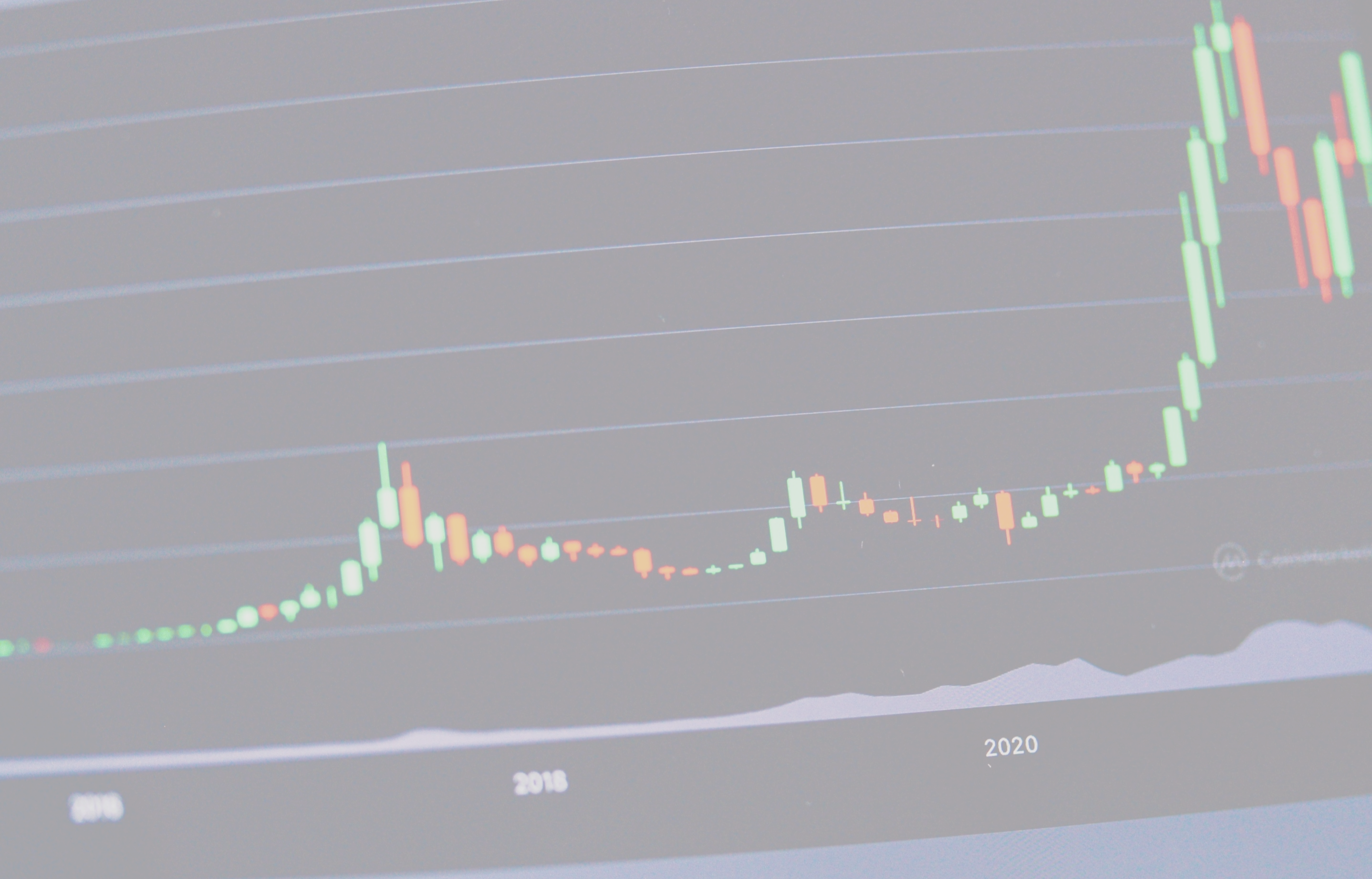

Back in 2012, when Android phones just entered the Indian market, my friend, then 19 bought an LG Android phone worth around 13k. It was the first time we installed youtube in it and could watch videos on the bus back home from college. We were completely fascinated by it. Before that, we only had access to the internet and the digital world via our home computers and only via wifi for which we would get a limited no. of hours at home or college. Our favourite part was being able to watch YouTube and getting access to a powerhouse of knowledge in a visual, appealing format.
We felt like we got access to an alternate world. But the major problem we used to face was buying internet packs. 3g/4g wasn’t a thing back then. (Sounds so funny talking like this considering it’s just 10 years back, but yes we have come a long way in the last 10 years). We the “over-enthu” kids used to save up all our canteen etc money to just get internet top-ups on our phones. But streaming YouTube on 2g still was painfully slow and too expensive for the bandwidth streaming takes.
My friend (later to be co-founder) back then started learning Android development and I started learning things like UI/UX, testing frameworks, app store optimisation, selling a product digitally etc. The first app that we built to publish was ‘Videoder’ a browser that had a general downloader that would let you download any media content from any website that you browse in it like - YouTube, Facebook, Instagram, SoundCloud, Vimeo, Giphy etc. The inspiration came of course from our own struggle to watch YouTube with the poor and expensive internet packs. Now you could download all this content from a bunch of websites using Videoder and watch offline whenever, without worrying about your internet connection.
We launched this app on Play Store in 2013 but was taken down by Google in 2 months stating that they won’t allow any product built over the functionality of their product ‘Youtube’ on Play Store. We for a while were clueless about what to do next and eventually, we went back to our studies. After around a year, I was going through Videoder's support mailbox and realised in just 2 months of it’s existence on Play Store the app garnered an audience that stuck to the app even without an update. These people mentioned how the app helped them prepare for their exams, take courses and learn new things (as it resolved poor and expensive internet issue which was huge until Jio came). This was in 2015. This is when we realised the potential a tech product has.
We were clueless about what to do next and eventually, we went back to our studies. After around a year, I was going through Videoder's support mailbox and realised in just 2 months of its existence on Play Store the app garnered an audience that stuck to the app even without an update. These people mentioned how the app helped them prepare for their exams, take courses and learn new things (as it resolved poor and expensive internet issue which was huge until Jio came). This was in 2015. This is when we realised the potential a tech product has.
We then started wondering how could we distribute an app if not on the Google Play Store. We realised if users go to the Play Store and don’t get a particular app they’ll obviously search on Google. And that’s it. We started working on the app again and this is when I learnt SEO and we published our website videoder.com in 2015.
Initially, when we started there were a bunch of global products in the market and being a new website we couldn’t straight compete with them. Then we figured that most of the products were for English-speaking audiences and that there were a lot of people searching for similar products in countries like Mexico, Brazil, Indonesia etc. We got our website translated via our users itself from different countries, and did local SEO and boom. It worked crazy. Within 6 months of launch, we reached 30k visitors daily on the website (Almost a million visitors in a month). Learning - Check for the roads less travelled and give them a try.
Now, that we started getting indexed for our target keywords in various countries, we had to work on building more authority to the website to rank higher on our target keywords. The second approach we took was to publish our app on all the local app stores like uptodown, aptoide, apkpure, cnet etc. This one, gave us visibility to their audiences and as these stores also wanted more and more apps on their Play store they were happy to give us a link back to our website. Like this we published our app on around 38 app stores small or big for global audience.
Third, we made a list of all the blogs that write about apps or tech or Android. One of the best things we did here is to message each and every one of them personally and also mention to them a little about our story of how we started this all. I realised if you give publishers a story rather than just a product to sell, it sells better for them and thus they’ll be more willing to publish about you. As there were hardly any app publishers from India at that time we told them how we are just 2 people working from our house in Chandigarh and were successfully able to get a fair amount of users to our app and website.
Another approach that worked for us here was to move the ground up. First, go to blogs and publishers who aren’t that established and are looking for stories as well and then keep moving upward as you build more and more credibility through these local and semi-popular publishers.
Learning - People relate to stories. We are human beings, working with and for human beings. Bringing in that human touch to our conversations and partnerships helps build long-lasting relationships.
When we started doing backlinking just like everyone we would comment on forums, blog comments etc. but nothing really worked that great. Going back to basics by Google which puts a lot of emphasis on high-quality link building only, we then started finding websites which had good authority and were related to our niche.
To give an example, we reached out to a website that sold a video-downloading software for mac. As our target audience was android we partnered with them to exchange our website’s mac traffic for their website’s android traffic. It not only helped us gain more traffic but also increased our website’s authority. It was a win-win partnership for both of us.
Learning - You could compete in the most competing domains with just 20 high-quality, niche-relevant links!
We didn’t focus too much on content for this particular website honestly as it was a tool website. But as we started writing blogs on various topics related to the websites that we allowed downloading from, without putting much effort here, our 20% of overall website traffic started coming via blogs. For content, the best hack that worked for us was to focus on long-tail keywords with less competition and writing great content is a given of course. I’ll talk about the content strategy in some of the other niches where it played a major role.
That’s pretty much it. That was the recipe to get a website to 10 million+ monthly visitors within the 2 years of its start and drive more than 100 million+ userbase to an app with a MAU of 27 million and DAU of 4 million being completely bootstrapped and having spent less than 2000$ in its entire lifetime.

Socia
MADE WITH LOVE IN INDIA
